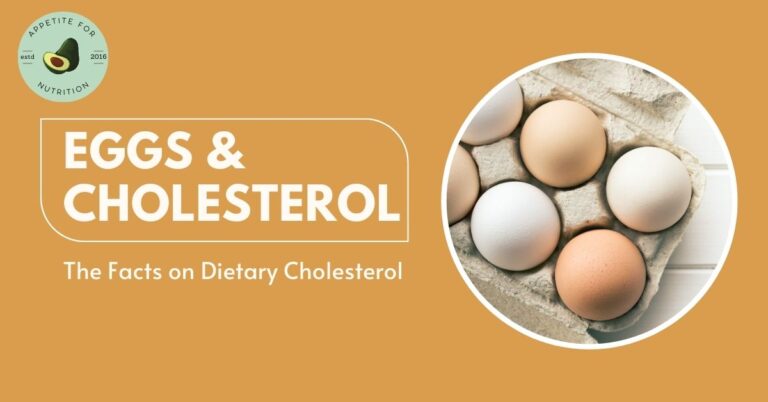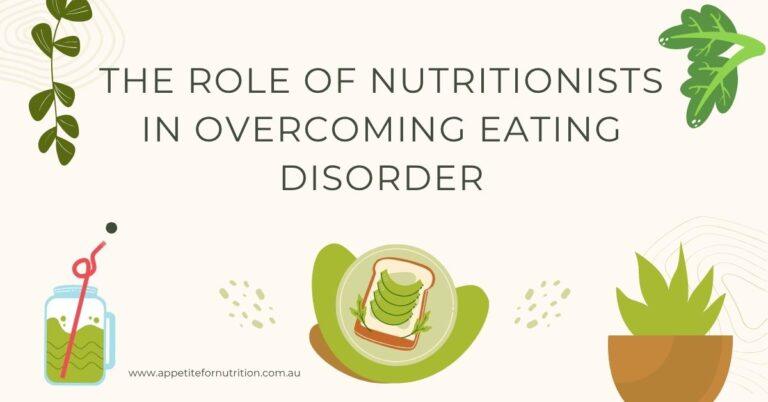
Nutrition for Multiple Sclerosis: Fuelling Your Body for Better Health
Living with Multiple Sclerosis (MS) can be challenging — but nutrition plays a powerful role in supporting your health, reducing inflammation, and improving energy levels. While there’s no cure for MS, adopting the right dietary strategies can help you manage symptoms and enhance your overall well-being.
This guide explores how nutrition supports those with MS and how working with an NDIS dietitian can make a difference in your daily life.
Understanding the Role of Nutrition in MS
MS affects the central nervous system and can cause fatigue, muscle weakness, and cognitive changes. Diet and lifestyle choices influence inflammation, immunity, and nerve function — all key aspects of managing MS symptoms.
While there isn’t a single “MS diet,” research supports several nutrition approaches that may reduce symptom flare-ups and improve quality of life.
1. Adopt an Anti-Inflammatory Diet
Inflammation plays a major role in MS progression. Choosing anti-inflammatory foods can help support your immune system and reduce symptom severity.
Foods to Include:
🥦 Fruits and vegetables – Rich in antioxidants and phytonutrients that protect brain and nerve cells.
🐟 Omega-3 fatty acids – Found in salmon, sardines, chia seeds, and flaxseeds; help reduce inflammation.
🫒 Olive oil and nuts – Provide healthy fats and support heart and brain health.
🍓 Whole grains and legumes – Deliver fiber and steady energy levels.
💡 Check out our anti inflammatory meal plans
2. Prioritize Vitamin D and Omega-3s
Low vitamin D levels are strongly linked to higher MS risk and severity. Similarly, omega-3s have been found to reduce inflammation and support nerve health.
How to Boost These Nutrients:
Vitamin D: Moderate sun exposure, fatty fish, and fortified foods.
Omega-3s: Include fish twice weekly or use chia, flaxseed, or algae-based supplements.
3. Choose Proven Dietary Patterns for MS
Different dietary approaches can support energy, immunity, and inflammation control:
🥗 The Mediterranean Diet
Emphasizes fruits, vegetables, olive oil, whole grains, and fish.
Benefits: Anti-inflammatory, nutrient-dense, and sustainable for long-term health.
🍠 The Swank Diet
Developed for MS management; low in saturated fat, includes lean protein and seafood.
May reduce frequency and severity of flare-ups.
🥬 The Wahls Protocol
Focuses on 9 cups of fruits and vegetables daily, plus lean proteins and organ meats.
Promotes cellular health and energy restoration.
4. Limit Foods That Worsen Inflammation
Certain foods may trigger inflammation or worsen MS symptoms.
Avoid or limit:
Processed meats and fried foods
Refined sugar and sugary beverages
Full-fat dairy and saturated fats
Excess alcohol or caffeine
Learn More: Tips to beat late night cravings
5. Stay Hydrated and Energized
Dehydration can worsen fatigue and bladder symptoms common in MS.
Hydration tips:
Drink water regularly throughout the day.
Limit caffeine and alcohol.
Add fruit slices or mint to water for natural flavor.
6. Meal Planning for MS Management
Meal planning can help manage fatigue and maintain consistency in eating well.
Practical Tips:
Batch-cook and freeze nutritious meals.
Choose easy-to-prepare recipes rich in protein and fiber.
Keep healthy snacks like nuts, yogurt, and fruit on hand.
Read more Healthy Snacks on the Go: Dietitian Top Picks from Australian Supermarkets
7. Consider Professional Nutrition Support
An NDIS dietitian can create a tailored meal plan for your energy levels, medications, and symptoms. They can also help you manage weight changes, fatigue, and digestive concerns that often accompany MS.
How a Dietitian Can Help:
Assess nutritional deficiencies.
Provide anti-inflammatory meal plans.
Support with fatigue-friendly meal prep ideas.
Work collaboratively with your healthcare team.
Take Control of Your Health Today
Living with MS doesn’t mean giving up control of your health — it means learning how to nourish your body effectively.
🌿 Ready to feel better and eat with confidence?
We offer both general nutrition consults and specialised dietitian support (Bariatrics, Women’s Health, Feeding Therapy, Eating Disorders, Gut Health, Sports Nutrition) available online and in person across Brisbane, Gold Coast, Melbourne, Shepparton, Bendigo and Albury-Wodonga.
Contact Appetite for Nutrition today for individual consults or tailored meal plans designed to help you eat well and feel your best.
This blog was updated October 2025.
Frequency Asked Questions
Find quick answers to common questions.
Our team of NDIS-registered dietitians helps clients make practical, evidence-based food decisions that fit their goals, lifestyle, and budget
No — diet cannot cure MS, but it can help manage inflammation, improve energy, and reduce symptom flare-ups when combined with medical treatment.
The Mediterranean and Wahls Protocol diets are the most studied for MS. Both focus on whole foods, anti-inflammatory fats, and nutrient density.
Many individuals benefit from vitamin D, omega-3s, and B vitamins, but supplements should only be taken under the guidance of a healthcare provider or dietitian.
How can an NDIS dietitian help with MS?



